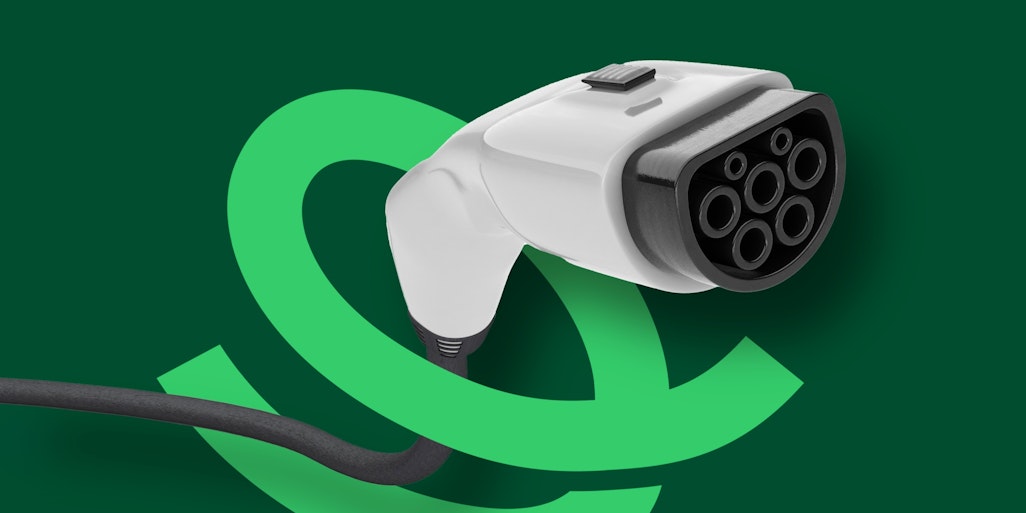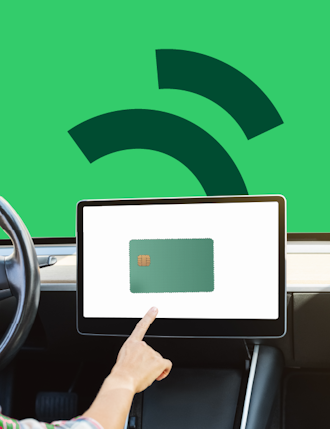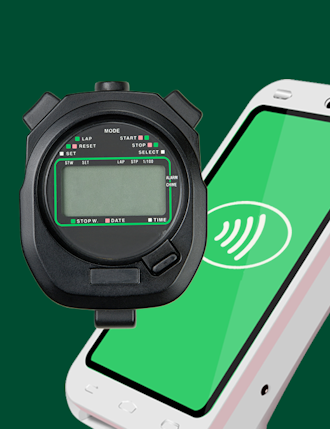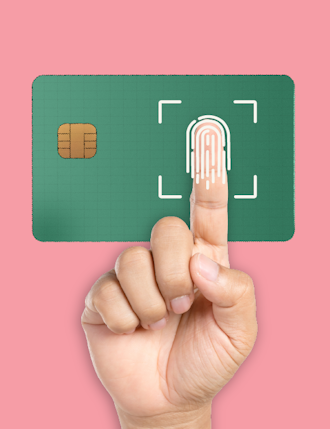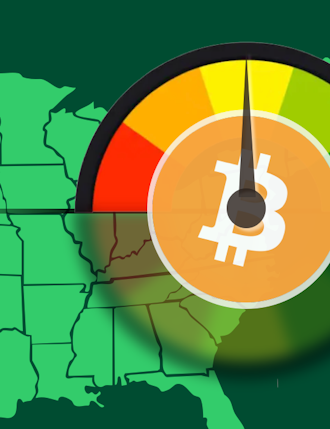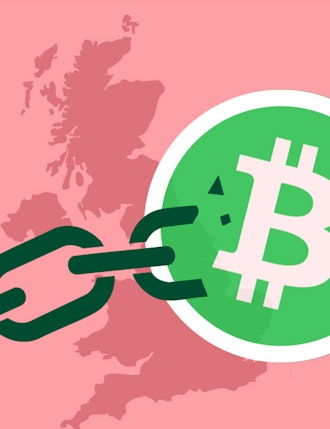There are a lot of changes happening in this relatively new and rapidly evolving market. Check out our overview on the current state of play and further developments we expect to see.
Where the industry is at:
The Electric Vehicle (EV) market is growing rapidly, with more and more people buying EVs every year.
According to the International Energy Agency (IEA), as of 2020, there were 10 million electric cars on roads worldwide. This is despite a pandemic-driven drop in global car sales by 16%. The number of registered electric vehicles (EVs) increased by 41% in 2020. Additionally, 11 million registered electric vehicles were on the road by the end of the last year, with 10 million being electric cars The number of EVs worldwide is projected to grow sharply in the coming decade, with the global electric passenger car stock reaching an expected 145 million by 2030.
Interested in the future of mobility in general? Check out our latest whitepaper.
To support all these EVs, the infrastructure for EV charging is expanding across the globe. Energy suppliers and technology companies are investing heavily in EV charging infrastructure such as charging stations, battery storage facilities and renewable grid connectivity.
The charging technology is getting more sophisticated, with faster charging times and more efficient batteries. Self-service public chargers are now available in more places like parking garages, shopping malls, and government campuses, making it easier for people to charge their EVs and increase their driving distance.
Self-service payments refer to a payment system where customers can make payments without the assistance of a staff member, typically through an automated kiosk or online portal. The customers can choose from several payment options, such as debit card, credit card, or e-wallet. Self-service payments can be found in various industries such as retail, healthcare facilities, and of course charging stations for EVs.
Self-service payment services allow businesses to automate payment processing, reducing the need for staff and office space. They also give customers more freedom and flexibility to make payments at any time, without the need for queuing or waiting for staff to become available. These payment services provide increased security as transactions are recorded between the system and a user, and they can generate reports for compliance or financial purposes.
In recent years, an increasing number of payment processors have included self-service options to their services to improve the payment experience and reduce operational costs.
Where it's heading:
The energy industry is transitioning to cleaner, zero-emission sources to provide power to EVs. This transition is accelerating the development of renewable electricity generation and creating new opportunities for sustainable energy project development.
Governments, transport authorities, and major automakers are already committing to a carbon-neutral future, which is expected to dominate the EV industry in the coming years.
With an increasing number of second-hand EVs expected on the market, there will also be increasing demand for the repurposing of second-life batteries, with their residual value to be explored and utilised.
Autonomous driving technology also has the potential to revolutionize EV charging by allowing vehicles to drive themselves to charging stations, which would enable a more efficient use of charging infrastructure.
Self-service payments are becoming increasingly common in the EV charging market, allowing drivers to pay for their EV charging services without assistance from staff members. This allows EV charging providers to save costs by reducing staffing needs and providing more convenient options for customers.
To make electric vehicle charging more widely accessible, several companies are now offering self-service payment options that allow drivers to pay using their mobile devices or online portals. Such options provide EV drivers with greater convenience, flexibility, and autonomy in charging their EVs.
We have investigated this further in our latest whitepaper on the future of mobility.
For instance, EVgo, a leading EV charging network in the US, has announced its partnership with StorDot, an Israeli EV battery technology company, to provide self-service payment options at its fast-charging EV stations, a move aimed at accelerating EV adoption. In addition, EV Connect, another EV charging network in the US, offers a self-service payment portal that allows drivers to schedule charging sessions, track their charging history, and pay for their charging services online.
As the demand for electric vehicle charging facilities grows, the ability to offer self-service payment options is becoming increasingly important for businesses to remain competitive in the market.
Overall, self-service payment options in the electric vehicle charging market provide many benefits for EV drivers and charging providers, including convenience, flexibility, and cost savings.
